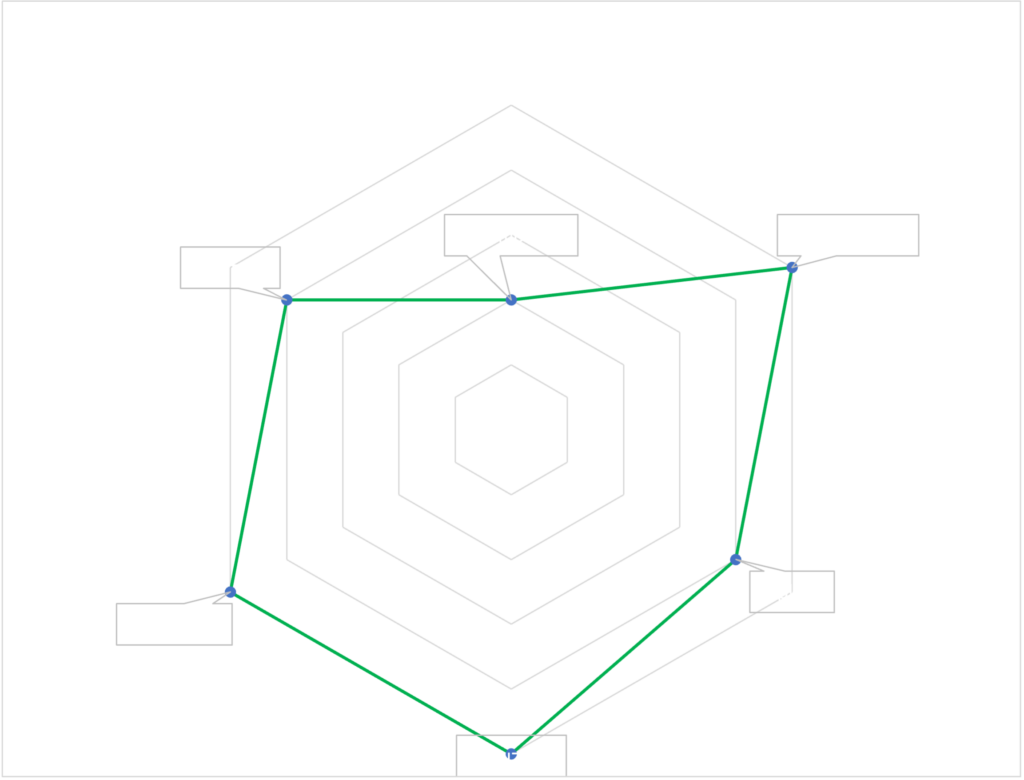RCA training span for 5 days, 4 days on the theory and 1 day application on PSMap tool.
Objective: Equip participants with the understanding and skills required to conduct a Root Cause Analysis (RCA) effectively, ensuring that problems are not just treated superficially but are resolved at their source.
Agenda:
Introduction to Root Cause Analysis
- Definition and Importance
- Benefits of RCA in Organizations
Principles of RCA
- Understanding the difference between symptoms and root causes
- Importance of addressing the root cause and not just the symptoms
Types of RCA
- 5 Whys
- Fishbone/Ishikawa/Cause and Effect Diagram
- Pareto Analysis (for chronic failures)
- Logic Tree
Before starting
- How Failure occurs?
- Swiss cheese model
- Bow tie analysis
- Force Filed Analysis
- RCA Process
- Stakeholders
- Incident owner
- Sponsor
- Team Leader
- RCA Specialist
- Team members
- How Failure occurs?
Steps in Conducting RCA
- Problem Statement
- Forming the team
- Timeline
- Data Collection
- Investigation
- Identify Possible Causes
- Identify Root Causes
- How to handle human errors
- Recommend and Implement Solutions
- Monitor Results and Adjust as Necessary
Practical Exercise: Participants will be given real-life scenarios to practice RCA.
Barriers to Effective RCA
- Why do RCA fails?
- Cognitive biases
- Inadequate data or tools
- Organizational culture issues
RCA Best Practices
- Building a culture of continuous improvement
- Regularly reviewing and updating RCA methods
- Involving a multidisciplinary team
Conclusion & Feedback
Content Details:
1. Introduction to Root Cause Analysis:
- Definition: A methodical approach to solving problems by identifying and addressing their root causes rather than just addressing the immediate symptoms.
- Importance: Treating symptoms may provide temporary relief but does not prevent recurrence. RCA seeks to prevent the recurrence by addressing the underlying issue.
2. Principles of RCA:
- Symptoms vs Root Causes: Symptoms are the visible effects of a problem, while the root cause is the underlying reason the problem exists.
- Focusing on the root cause ensures sustainable solutions.
3. Types of RCA:
- 5 Whys: A technique of repeatedly asking “why” to drill down into the cause of a problem.
- Fishbone Diagram: A visual tool that categorizes potential causes of problems in order to find its root cause.
- Fault Tree Analysis: A top-down, deductive analytical mode used to determine various potential causes.
- Pareto Analysis: Focuses on the principle that 80% of problems can often be traced back to 20% of causes.
4. Steps in Conducting RCA:
- Problem Identification: Clearly define the problem.
- Data Collection: Gather all relevant information.
- Identify Possible Causes: Brainstorm potential reasons.
- Identify Root Causes: Use RCA tools to pinpoint the main cause.
- Recommend and Implement Solutions: Develop and execute action plans.
- Monitor Results: Track the effectiveness of the solutions and adjust if necessary.
5. Practical Exercise:
- Participants will use real-life examples to practice identifying root causes and proposing solutions.
6. Barriers to Effective RCA:
- Cognitive biases: Being aware of biases helps in an objective analysis.
- Inadequate data or tools: Ensure access to relevant information and proper tools.
- Organizational culture: A blame-centric culture can hinder an open and effective RCA.
7. RCA Best Practices:
- Continuous Improvement: Always seek ways to improve processes.
- Regularly Update RCA Methods: Stay updated with the latest methodologies and tools.
- Multidisciplinary Team: Engage different perspectives for a comprehensive analysis.
Upon completion of this training, participants should feel equipped to conduct RCA in their respective work areas, contributing to improved efficiency, reduced costs, and enhanced product or service quality.


